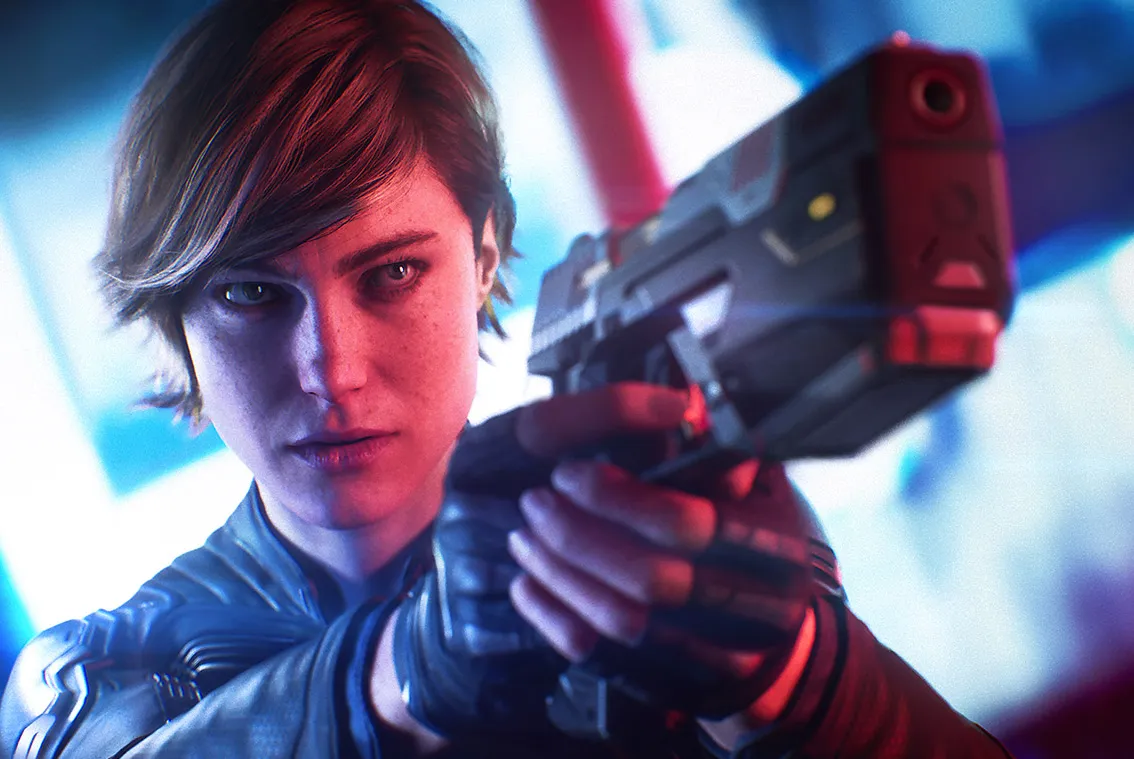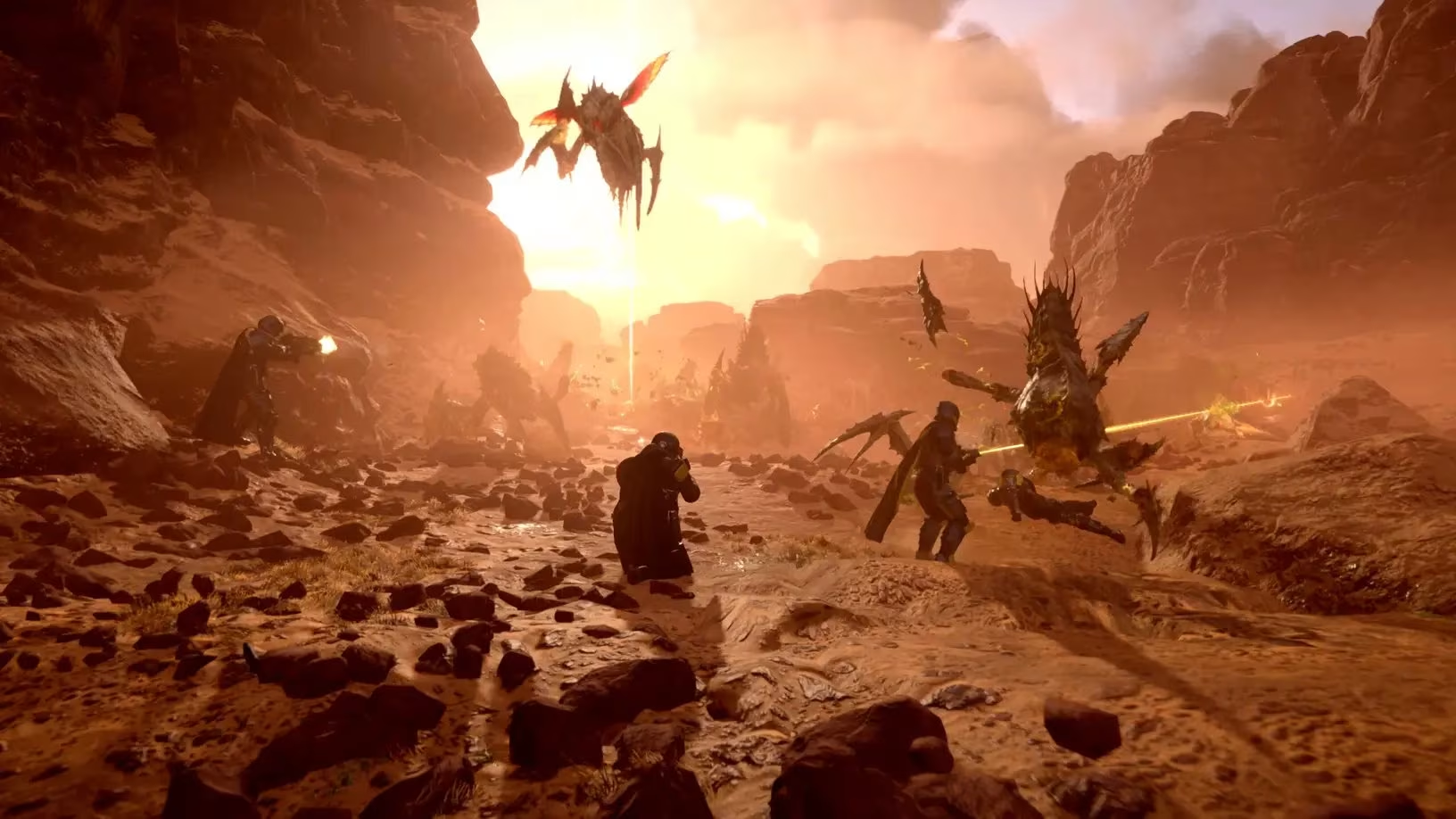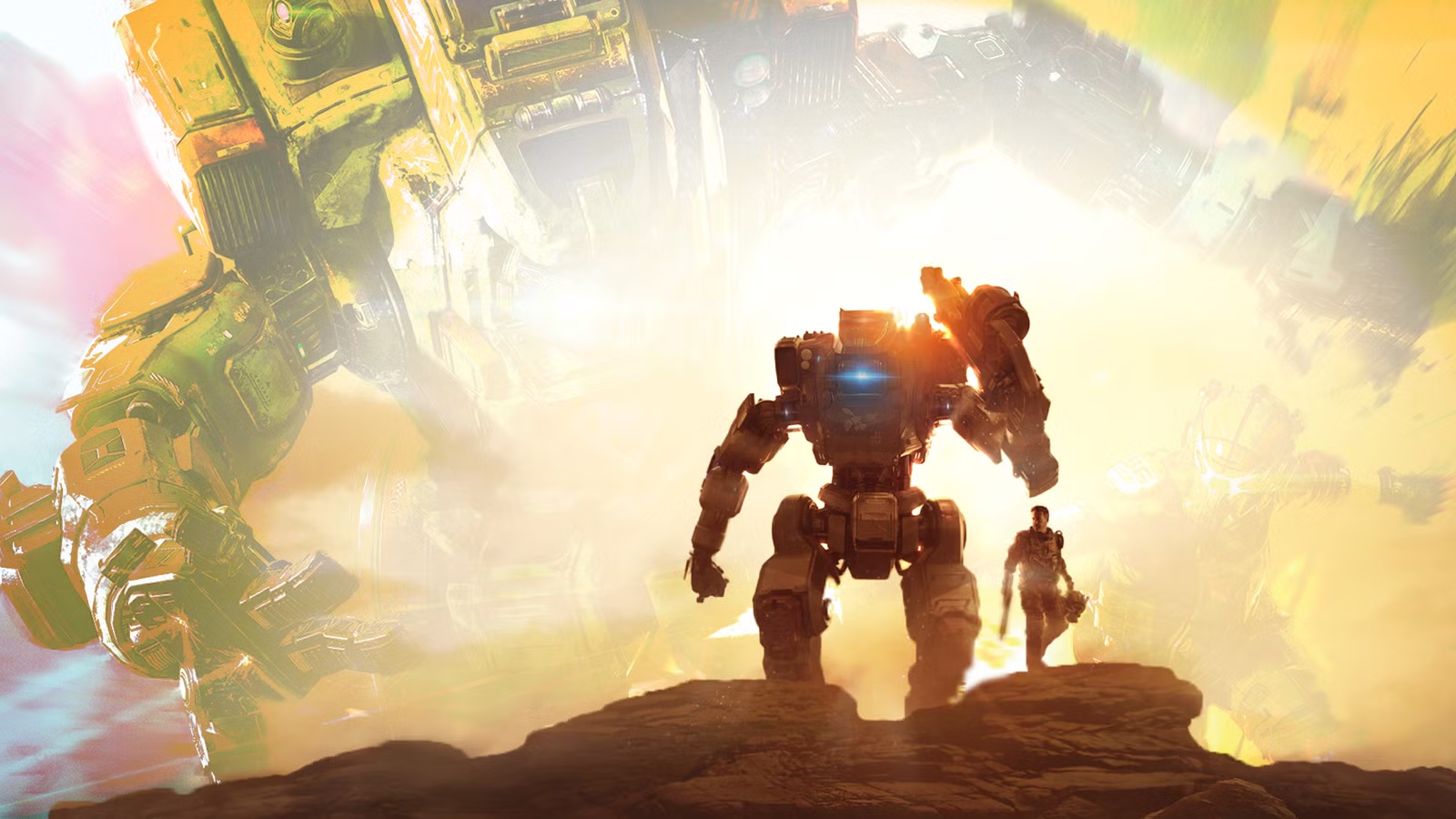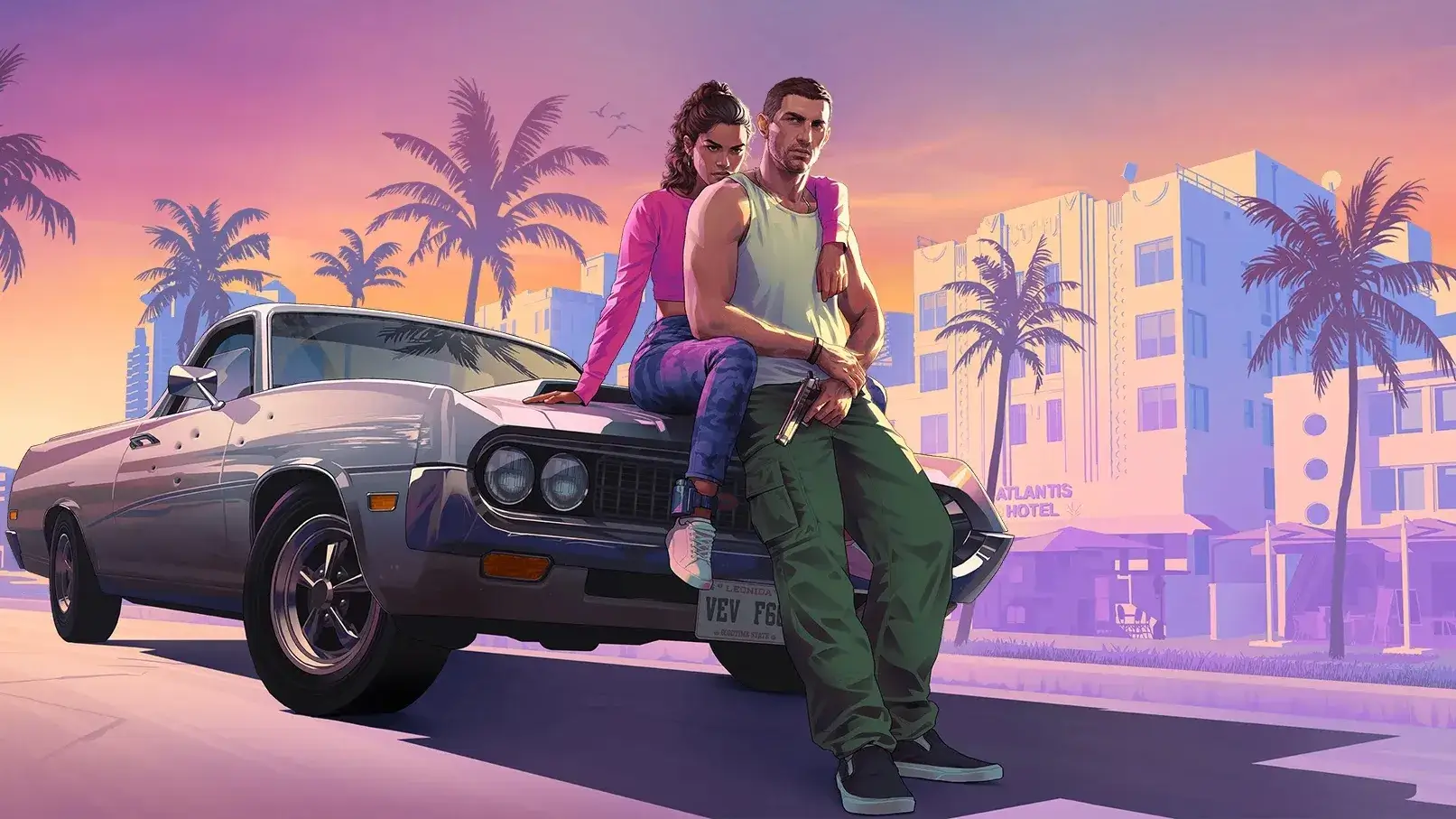There’s a subtle hush across the gaming world right now. The usual annual crescendo of reveals, trailers, and launch-news is muted. Major conferences feel less pumped, release calendars appear sparsely dotted, and even the chatter around big franchises carries a half-tone of waiting. For an industry that thrives on spectacle, this quieter season is worth an examination.
1. The Post-Pandemic Growth Hangover
The explosion of gaming during lockdowns gave developers and publishers a wildly beneficial tail-wind. More players, more time, more spend. But as the world reopened, that surge flattened. Growth shifted from verticals to plateaus. With less margin for error, companies are holding fire. Projects are being delayed, marketing spend scaled back, and fewer new big titles are being unleashed this autumn.
2. Production Delays, Elevated Costs and Layoffs
Making big games is getting slower and more expensive. Hardware, software, art assets, global teams—the list goes on. The CEO of a major publisher recently said smaller titles were being “stretched by delays” in a crowded market. When timelines drag and costs rise, it’s rational to avoid releasing into a quiet window. Many companies are opting for “wait until next year” instead of risk under-performance now. And of course, there are the layoffs. Since 2022, most of the big players — Sony, Microsoft, Rare, Take-Two, EA, Ubisoft — all lost hundreds (and in many cases thousands) of employees. Unity got rid of over 3,000 staff. Embracer group removed nearly 8,000. It’s not just a sign of a slowing industry, but a self-fulfilling result. You can’t make huge AAA games without the personnel, but you can’t fund the personnel without selling games. This is now catching up with companies, and the result is a dearth of titles hitting shelves.

3. Cannibalised Release Windows
There was once a simple rule: release just ahead of holiday shopping, and let the wave carry you. But data says that over-crowding around October/November is now hurting many games. For example, Newzoo reported games launched in August-November perform about 34% worse than those in February-May, once you remove the outlier blockbusters. Publishers are reacting: fewer launches now means fewer fights for headlines and less risk of being drowned out.
4. Console Cycle Stagnation
Both hardware and content are entering a lull. The current console generation is aging. Most players who intended to upgrade already have, so the incentive to buy new games or consoles is reduced. Growth in the console hardware segment is sluggish. With hardware demand falling, there's less immediate benefit in releasing large-scale new titles, especially into a market asking “why buy now?”
5. A Shift Toward Live Service and Longer-Term Content
Rather than one-and-done launches, more developers are choosing to build games that evolve over time (live services) or delay release until a full “serviceable” version is ready. The quiet season may reflect this strategic pivot: fewer one-off big-box launches, more “soft launch plus continual update” models. It means less visible noise now and live service trends suggest the business models themselves are evolving.

6. Labour Unrest and Union Actions
Game development is also being impacted by labour factors. The SAG-AFTRA strike in 2024-2025 across voice-acting and motion capture work cast a long shadow over development schedules and release planning. When audio, localisation and performance capture are delayed, timelines stretch—and fewer games make the autumn window.
7. Market Saturation and Consumer Behaviour
With platforms, services, and add-on content everywhere, and a backlog of games piling up, consumers are increasingly selective. The boom in lockdown has given way to saturation. According to one analysis, players are more cautious with their time and wallets. When you add in rising costs, many publishers are waiting for better moments rather than flooding the market in a season where attention is increasingly fragmented (mobile, cloud, PC, etc.).

8. Financial Prudence and Risk Management
In a more cautious economic climate, with inflation, supply-chain fragility and global uncertainty, big game businesses are acting like big businesses should. Budget, ROI, pipeline – all under more scrutiny. Some major players have postponed launches to 2026 or beyond to protect margin. The result: fewer high-profile games right now, and a quieter press cycle.
9. Event Scheduling and Reveals Delayed
Many of the big conferences, announcements and marketing pushes have shifted schedule or gone digital-only. When there’s less physical fanfare, less spectacle, it feels quieter—even if work is happening behind the scenes. With delays in reveals, the usual build-up to December fades into a more muted hum.
10. Strategic Timing for Blockbusters
Some publishers are simply saving their best for later. If you have a tentpole title, you don’t necessarily want it buried in the noise of nationwide release blitzes. A quieter industry window now may represent a deliberate calm before a storm of launches in 2026. Putting blockbuster launches in a crowded autumn can cannibalise attention and sales. So many are using this hiatus as a breathing room. The biggest impending title, of course, is GTA 6. And with that delayed for a year, there remains the possibility that 2026’s autumn and winter schedules will take a pretty sharp downturn as studios avoid competing with Take-Two’s behemoth.

What This Means For Us Players
If you’re looking at your wishlist and seeing fewer “must-buy now” games from now until March, you’re not imagining it. But it’s not necessarily bad. A quieter period means fewer shallow rush-releases and perhaps more time for smaller, intense games or deeper engagement with live service titles. It may also mean that when the storm arrives, the industry is better prepared.
For developers and publishers, this lull is less “calm before the end” and more “strategic reset.” The industry seems to be taking stock, consolidating, and waiting for the next major wave — whether that’s a new console generation, a revived AAA cycle, or new business models taking centre stage.
Final Thoughts
2025’s autumn/winter doesn’t feel like a void. It feels like a pause — intentional or not — built on business logic, pipeline delays, and shifting market dynamics. The roar of launches has quietened, but beneath the surface, gears are turning. In many ways, this silence might be more interesting than the noise. Because when games come back, and they will, they’ll arrive not just to fill a calendar, but to matter.
You can subscribe to Jump Chat Roll on your favourite podcast players including:
Let us know in the comments if you enjoyed this podcast, and if there are any topics you'd like to hear us tackle in future episodes!


